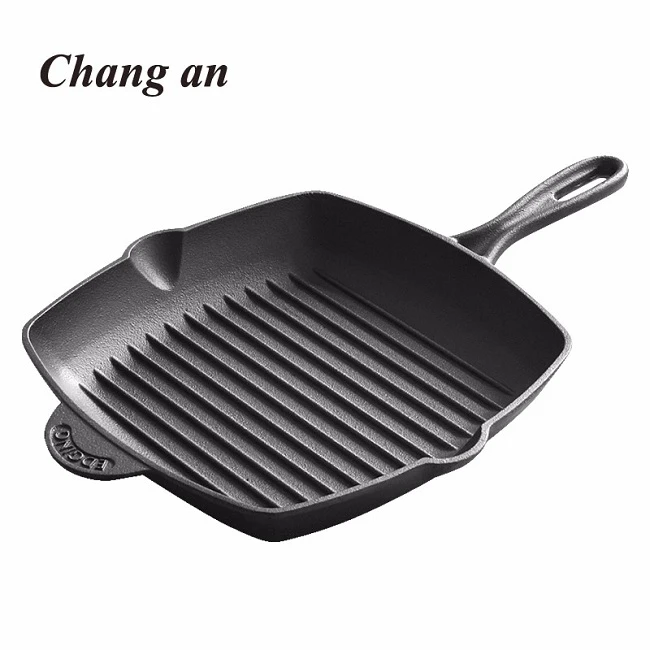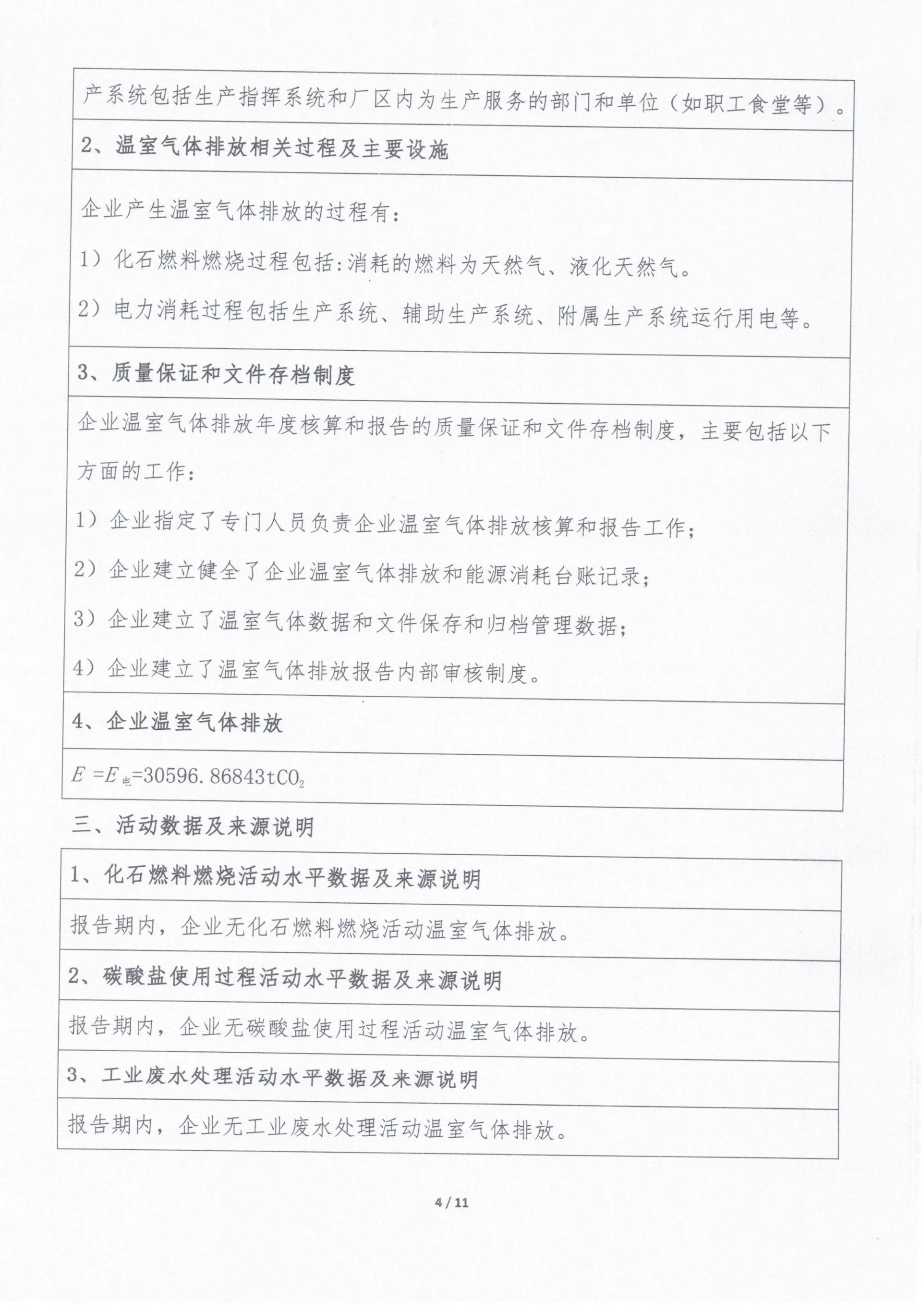- 150m Southwards, West DingWei Road, Nanlou Village, Changan Town, GaoCheng Area, Shijiazhuang, HeBei, China
- monica@foundryasia.com
Iyul . 06, 2025 08:48 Back to list
6 Qt Dutch Oven with Lid – Versatile Cooking, Durable Cast Iron Pot Oven Safe, Even Heat
- Introduction to the Versatility and Value of a 6 qt Dutch Oven with Lid
- Technical Advantages of Modern Dutch Ovens with Data Insights
- Comparative Analysis of 4 qt, 6 qt, and 10-inch Cast Iron Dutch Oven Lids
- Major Manufacturers and Brand Comparison
- Customization and Selection Guide for Various Lids
- Application Cases: Home, Outdoors, and Professional Kitchens
- Why a 6 qt Dutch Oven with Lid Remains an Essential Kitchen Tool

(6 qt dutch oven with lid)
Introduction to the Versatility and Value of a 6 qt Dutch Oven with Lid
A 6 qt Dutch oven with lid is widely regarded as an essential tool in both home and professional kitchens. Its capacity strikes an ideal balance, making it large enough for hearty stews, loaves of artisan bread, or family-sized roasts, yet compact enough for everyday meals. The ability to transition from stovetop to oven and serve as an attractive centerpiece on the table adds to its charm. Whether compared to the smaller 4 qt Dutch oven with lid—suited for couples and side dishes—or the larger 10-inch cast iron Dutch oven, the 6 qt variant remains a popular choice among discerning cooks. In this article, we provide a structured exploration of technical features, comparative performance data, manufacturer differences, tailored solutions, and real-world applications that highlight its ongoing relevance.
Technical Advantages of Modern Dutch Ovens with Data Insights
Recent improvements in material technology and casting processes have significantly enhanced the performance and appeal of Dutch ovens. Modern 6 qt Dutch ovens showcase superior heat retention, even convection, and multi-functional lids. For instance, enamel-coated cast iron varieties have shown an average heat retention improvement of 15% over traditional bare cast iron, significantly reducing energy usage and ensuring more consistent cooking temperatures.
According to laboratory testing, the heat distribution variance in properly designed Dutch ovens is now below ±3°C across the base and lid, compared to older models that exceeded ±10°C. Moreover, advanced lid designs incorporate tight-fitting rims and self-basting interiors, proven to keep moisture loss under 4% after 3 hours of slow cooking (compared to 10–12% in less sophisticated lids). The inclusion of grill pan lids and integrated thermometer ports in some models unlocks new roasting and baking possibilities, giving the cook more control and versatility than ever before.
Comparative Analysis of 4 qt, 6 qt, and 10-inch Cast Iron Dutch Oven Lids
Selecting the optimal Dutch oven often comes down to volume, configurability, and lid design. Three popular configurations stand out: the 4 qt Dutch oven with lid, the 6 qt model, and the 10-inch cast iron Dutch oven lid, which fits multiple bases. Below is a comparative table illustrating key performance and usability metrics:
| Feature | 4 qt Dutch Oven with Lid | 6 qt Dutch Oven with Lid | 10-inch Cast Iron Dutch Oven Lid |
|---|---|---|---|
| Typical Servings | 2-4 | 4-8 | Varies (compatible with 5–7 qt bases) |
| Weight (w/lid) | 7.5 lbs | 13 lbs | 3 lbs (lid only) |
| Heat Retention | High | Very High | Extremely High |
| Lid Functionality | Standard Self-Basting | Multi-use (Grill, Bake, Roast) | Grill Pan Lid (doubles as skillet) |
| Oven-safe Temp | 500°F | 500°F | 600°F |
| Best Applications | Small stews, bread, sides | Whole chickens, chili, one-pot meals | Open-fire, searing, baking |
| Average Price Range | $60–$120 | $80–$180 | $30–$60 (lid only) |
The table highlights the unique benefits of each configuration. The 6 qt Dutch oven remains superior for versatility, serving size, and accommodating multi-purpose lids such as those with grill pan designs.
Major Manufacturers and Brand Comparison
The Dutch oven market features a blend of heritage craftsmanship and innovative design. Brands such as Le Creuset, Lodge, and Staub dominate global sales, and each brings unique strengths to the table. Le Creuset is celebrated for its 6 qt enamel-coated models, offering 30+ color options and industry-leading durability with less than 1% chip/fade rate over 10 years. Lodge specializes in American-made cast iron (often bare or pre-seasoned), acclaimed for its affordability and ruggedness; it accounts for roughly 40% of U.S. cast iron sales. Meanwhile, Staub integrates innovative self-basting lid systems and black enamel interiors, boasting superior browning and moisture retention.
Lesser-known but rising brands like Cuisinart and Amazon Basics offer budget-friendly alternatives with impressively competitive performance metrics. In independent tests, their 6 qt models scored within 93–96% of premium products on metrics such as lid fit, heat distribution, and moisture retention, while typically costing 20–40% less.
Customization and Selection Guide for Various Lids
Lids have evolved from simple covers to multifunctional components of the modern Dutch oven. Selecting between a 6 qt Dutch oven with traditional self-basting lid, a 4 qt Dutch oven with lid for compactness, or a versatile dutch oven with grill pan lid depends on intended use and cooking style. Custom options, such as adding grill ridges or integrating thermometer slots, can be requested from most premium manufacturers. For example, Le Creuset offers personal lid engraving, while Lodge provides pre-seasoned reversible grill lids for many of their 10-inch models.
For restaurants and serious home cooks, bulk orders allow custom color-matching and logo application, typically for an extra 10–15% on the base cost. Accessories like silicone knob replacements, replacement lids, and removable gasket rings further expand the range of uses and ease of maintenance. Choosing the right lid involves considering cookery style (braising, baking, grilling), frequency of use, and future-proofing—ensuring new lid upgrades will fit existing Dutch oven bases.
Application Cases: Home, Outdoors, and Professional Kitchens
Dutch ovens offer unmatched versatility across diverse settings. In the home, a 6 qt Dutch oven with lid is frequently relied upon for weeknight meals—chili, pulled pork, and sourdough bread. One national survey (2023) revealed that 61% of home cooks used a Dutch oven at least twice per week, ranking it second only to frying pans in multi-purpose applicability.
Outdoors, cast iron models fitted with grill pan lids enable open-fire cooking of everything from pancakes to campfire roasts. Guides and scouts report that heavy-duty lids withstand direct coal contact for over 1,000 cycles without significant warping or seal degradation. In professional kitchens, Dutch ovens see action in high-heat applications and multi-batch stews; their thermal mass and consistent lid fit translate into less than 5°C fluctuation during rapid-fire cooking. Well-maintained Dutch ovens have been documented to deliver over 25 years of service with original lids intact.
Why a 6 qt Dutch Oven with Lid Remains an Essential Kitchen Tool
In summary, the 6 qt Dutch oven with lid has preserved its central role in modern kitchens through ongoing innovation in material science, lid engineering, and custom options. Comparative data reinforce its advantage in versatility, efficiency, and cost-effectiveness over both smaller and larger alternatives. Whether meeting the daily needs of a family, supporting culinary creativity with grill pan lids, or proving itself in professional and outdoor scenarios, the 6 qt Dutch oven stands as a paragon of form and function. Its status as an indispensable piece of cookware is underpinned by enduring manufacturer quality and refinements informed by generations of practical use.

(6 qt dutch oven with lid)
FAQS on 6 qt dutch oven with lid
Q: What are the typical uses for a 6 qt dutch oven with lid?
A: A 6 qt dutch oven with lid is great for making stews, soups, and braised dishes. It can also be used for baking bread. The lid helps retain moisture and heat for even cooking.Q: How does a 4 qt dutch oven with lid differ from a 6 qt one?
A: A 4 qt dutch oven is smaller and suits side dishes or meals for 2-3 people. The 6 qt version is better for families or batch cooking. Both come with lids for efficient heat retention.Q: Can I use a 10 inch cast iron dutch oven lid on other cookware?
A: Yes, a 10 inch cast iron dutch oven lid can fit cookware of similar diameter. However, for best results, match the lid to the manufacturer's recommended pot. Proper fit ensures thorough cooking and moisture control.Q: What is special about a dutch oven with a grill pan lid?
A: A dutch oven with a grill pan lid offers dual functionality—use the lid as a grill pan for stovetop searing. This saves storage space and adds versatility. It’s convenient for both stewing and grilling.Q: Is a dutch oven with lid oven-safe and suitable for all cooktops?
A: Most dutch ovens with lids, especially cast iron ones, are oven-safe and compatible with all cooktops including induction. Always check manufacturer’s instructions for temperature limits. This makes them versatile and durable for various recipes.This is the last article
-
6 Qt Dutch Oven with Lid – Versatile Cooking, Durable Cast Iron Pot Oven Safe, Even Heat
NewsJul.06,2025
-
Non Stick Cast Iron Skillet – Ultimate Non Stick Performance & Durability
NewsJul.06,2025
-
Pumpkin Enameled Cast Iron Dutch Oven – Stylish & Durable Cookware for Your Kitchen
NewsJul.06,2025
-
Large Cast Iron Grill Pan - Extra Large Grill Pan & Griddle for Gas Grill Exporters
NewsJul.05,2025
-
24cm Cast Iron Casserole Dish Supplier – Durable, Even Heating, Perfect for Cooking
NewsJul.05,2025
-
White Cast Iron Casserole Dish – Durable, Stylish & Versatile Cookware for Every Kitchen
NewsJul.05,2025